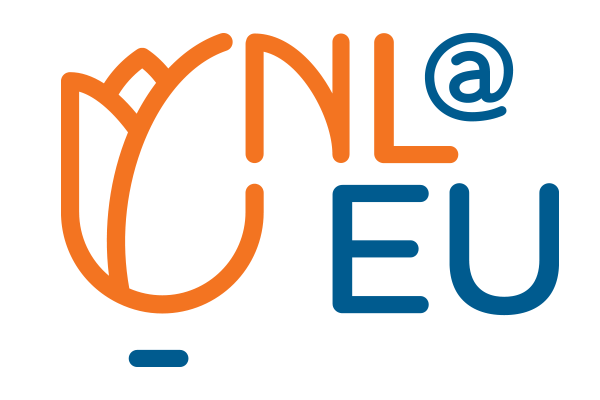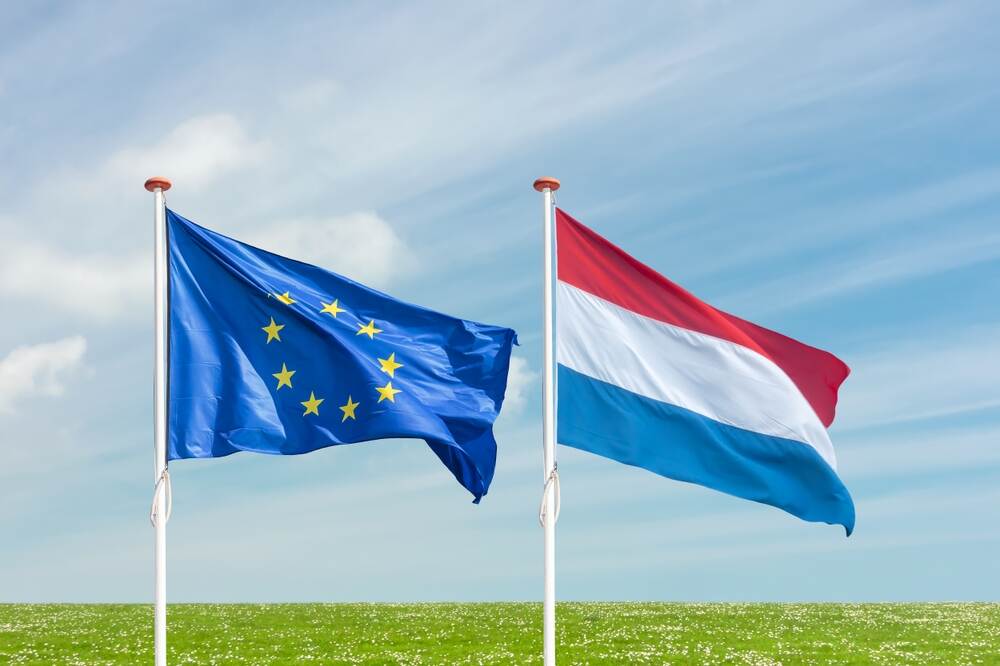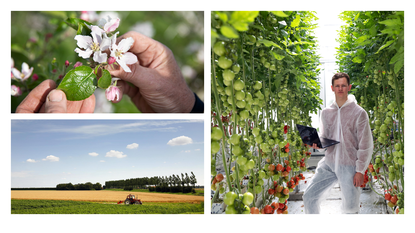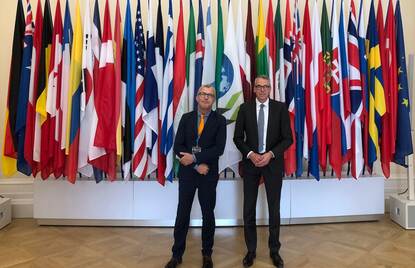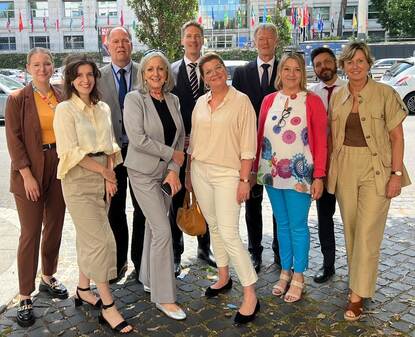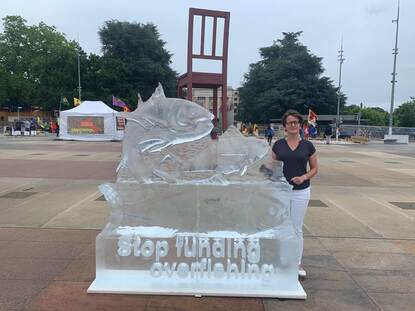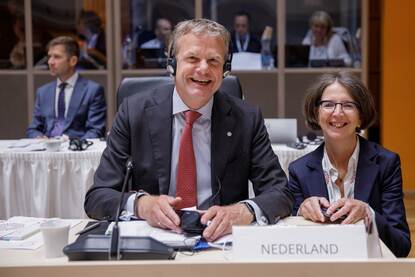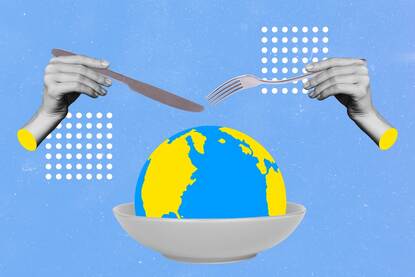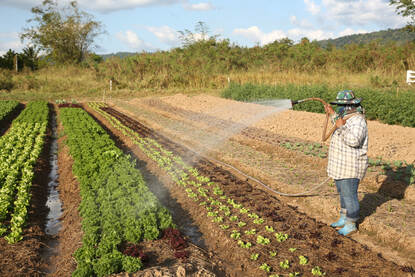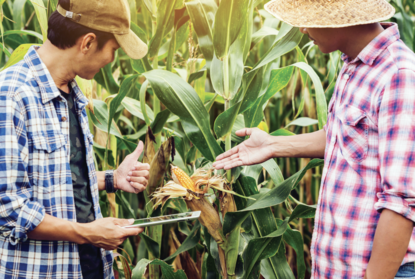Foto Source: Shutterstock
The Permanent Representation of the Netherlands to the European Union (EU) represents and protects Dutch interests and is an important source of information for Dutch government agencies on what is going on in the EU. As far as policy on agriculture and fisheries is concerned, the Permanent Representation is committed to solving nature and environmental issues as well as providing economic prospects for farmers and investors and innovators. Other subjects of importance are food quality and safety and strengthening European policy on nature and biodiversity.
The Permanent Representations to the European Union (EU), or PermReps as they are often called, are a key institution for each EU Member State. They are located in the vibrant city of Brussels, which is the capital of the EU and play a crucial role in representing the interests of their respective governments in the complex and dynamic arena of European politics.
The PermReps have a diverse team of diplomats, experts and support staff and are at the heart of European decision making, as Brussels is home to key EU institutions such as the European Commission, the Council of the European Union (the Council) and finally the European Parliament.
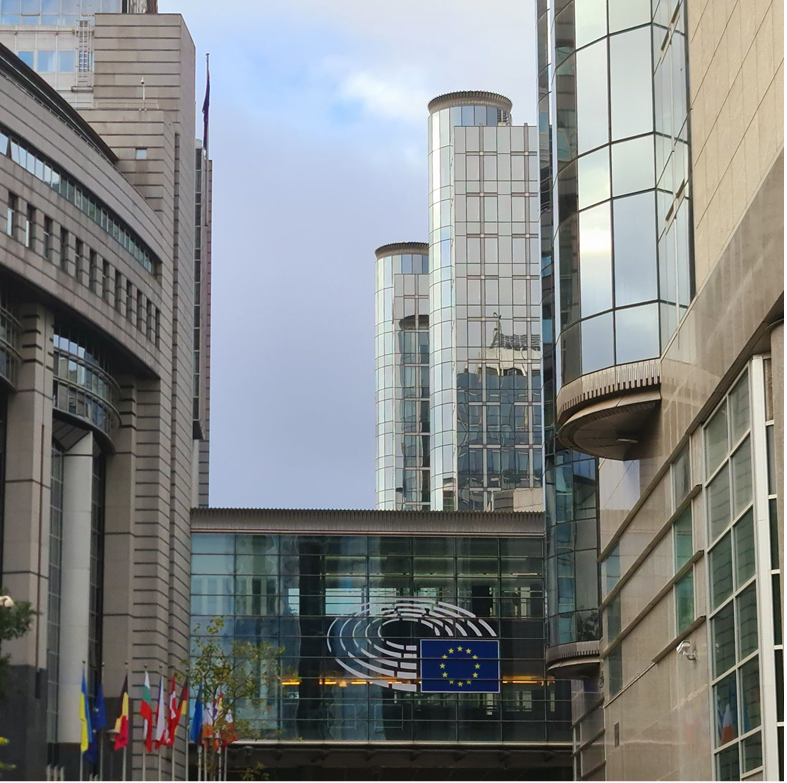
Important participator in legal negotiations and source of information
One of the most prominent tasks of the PermReps is participating in negotiations on legislation and policy strategies within the formation of the Council. These meetings can range from trade agreements and environmental policy to migration issues and financial regulations. There are 10 different Council configurations in which ministers meet on a regular basis, including one on agriculture and fisheries. The agenda varies from trade agreements and environmental policy to migration issues and financial regulations.
The PermReps also play a crucial role in providing information and advice to their governments. They keep the governments informed of developments in the EU and provide advice on how best to act. This requires a deep understanding of both national and European politics and good relations with colleagues from other Member States and within the European institutions.
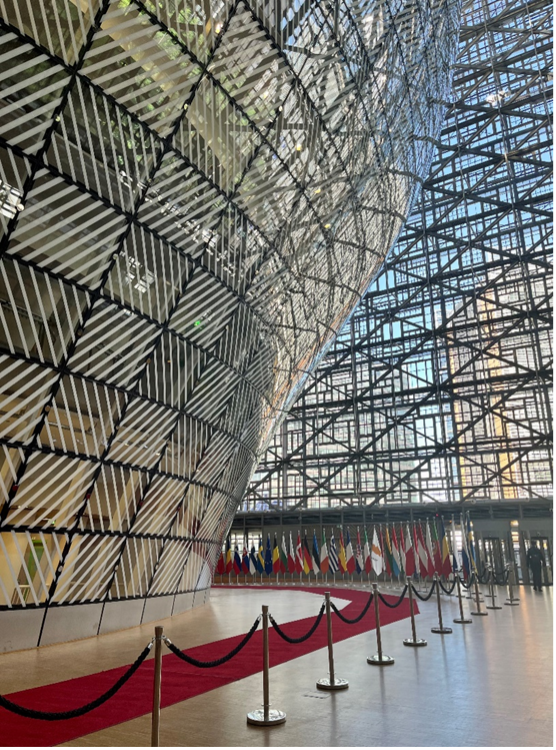
PermRep of the Netherlands
The team of the PermRep of the Netherlands to the EU consists of:
- Carla Boonstra, LNV counselor and head of the agricultural team and spokesperson for the Netherlands in the Special Committee on Agriculture (CSA);
- Ata Vahdatzade, attaché phytosanitary and veterinary affairs;
- Lisa van den Boogaard, attaché nature and biodiversity;
- Carian Posthumus Meijjes, attaché fisheries;
- Anne-Margreet Sas, attaché;
- Bénedicte Smeenk, policy support officer for the agricultural team.
The Ministry of Agriculture, Nature and Food Quality (LNV) plays an essential role for the PermRep, because it determines our national position for agriculture and fisheries policy in a so-called BNC-fiche (Assessment of New Commission Proposals), in close consultation with the other ministries, provinces, municipalities and water boards. After the endorsement by the cabinet of ministers, the BNC-fiche is sent to the national Parliament. The national Parliament can request for an amendment of the government during a debate or by way of a parliamentary motion.
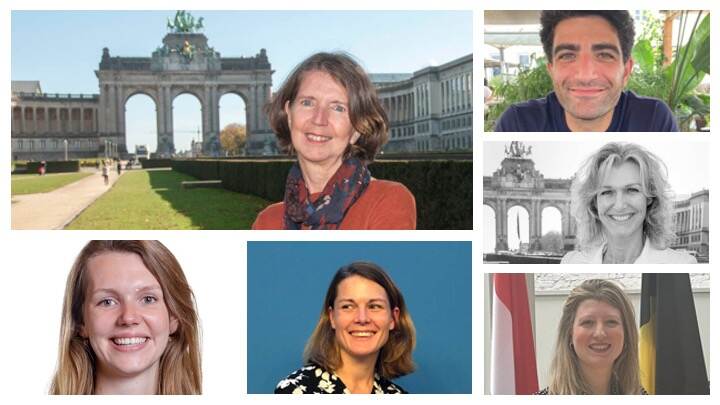
Process of decision-making
After adoption by Parliament, this fiche is the initial mandate for the attachés at the PermRep. The national position is expressed in the various layers of decision-making in the European legislative process. This starts with Council working groups, in which the Dutch attachés discuss the European Commission's proposals with the attachés of other EU Member States. When the proposals are ready for decision-making, or when political choices need to be made, the proposals are discussed in the Committee of the Permanent Representatives of the Governments of the Member States to the European Union, known as Coreper, where the Member States are represented by their ambassadors or the Special Committee of Agriculture for ‘core’ agricultural issues like the Common Agricultural Policy (CAP). The EU Council of Ministers is the final step in decision-making, where the final Council-position is established, or political guidance is given to ongoing negotiations.
The European Parliament is a co-legislator in the so-called “ordinary legislative procedure” and therefore has a major influence on the final legal texts. That is why the PermRep also has discussions with members of the European Parliament in order to promote the Dutch position. In fact, there is an entire team at the PermRep dedicated to this task.
In order to best promote the Dutch position in a European context, consultation of stakeholders is essential. A shared message (where possible), expressed repeatedly on all levels, has the highest chance of success. Therefore, the PermRep stays in close contact with Dutch and European stakeholders, representing not only sectors but also NGO’s.
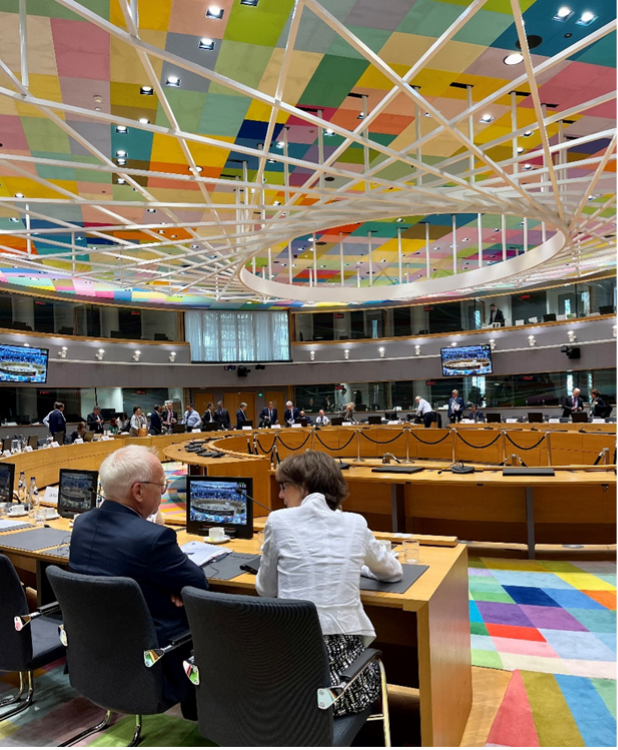
Priority dossiers
At the moment, there are several topics that are high on the agenda of the PermRep:
- Common Agricultural Policy
The future of the Common Agricultural Policy (CAP), one of the oldest EU policies, is dominating European discussions, partly prompted by farmers' protests throughout Europe. After the European elections, which will take place this year from June 6 until 9, it is expected that the new Commission will propose a new CAP (2027-2031) in the course of 2025.
The CAP is a policy framework supporting farmers through income support, market measures and measures for rural development to ensure, for example, a stable supply of affordable food, a reasonable living for farmers as well as tackling climate change and the sustainable use of natural resources and maintaining rural areas.The Netherlands is committed to a policy that stimulates the transition towards sustainable and resilient agricultural sectors considering nature and environmental issues as well as the economic perspective for farmers and a good investment and innovation climate in the sector.
- Strengthening nature and biodiversity policy
Another subject of importance is the strengthening of the European nature and biodiversity policy, as nature and biodiversity are in a dire state across the EU. The Commission’s proposal for a nature restoration law is one of the most important, but politically also a sensitive dossier for the Permanent Representation of the Netherlands. As the Netherlands is a densely populated country, it was difficult to bring balance in the proposal between ambitious and achievable objectives.
On November 9 2023, the European Parliament, Council and Commission reached a political agreement in the so-called trilogue (the formal setting in which the three European Institutes seek agreement on legislative proposals). On February 27 2024, the European Parliament voted in favor of the adoption of the political agreement. The Council is expected to vote in the weeks to come.
- Food quality and safety in a sustainable way
Food quality, food safety and fostering a sustainable food system are also priorities for the Netherlands. The Netherlands is committed to sustainable food production, strict food safety standards and consumer protection within the EU. The PermRep participates in discussions about food labelling, traceability and regulations related to food production. Making food systems outside the European Union more sustainable through trade agreements is playing an increasingly prominent role.
- Sustainable fisheries and the practicability of regulations
The policy area of fisheries is also prominent on the agenda of the PermRep to the EU. Fisheries policy is an exclusive competence of the EU, which means that all fishing regulations are determined at European level. Also on the fisheries dossiers, the Netherlands aims to improve the economic perspective for the fisheries sector, which is more and more under pressure because of the lack of space at sea and high energy prices.
One of the important dossiers is the annual quota negations with third countries (countries outside the EU, such as the United Kingdom and Norway). After Brexit, the international playing field has changed dramatically and these negotiations have become much more difficult. The Netherlands finds it important to achieve a new balance in this playing field, that respects historic fishing rights. A stable and mutual partnership with third countries would benefit the management of the fish stocks and the stability for the fisheries sector, as well as the market for fish products.
‘As a shared message has the highest chance of success, the PermRep stays in close contact with Dutch and European stakeholders, representing not only sectors but also NGO’s’
Looking forward to the EU elections and after
The EU is preparing for the elections for the European Parliament, that will take place between June 6 and 9 2024. High on the political agenda are the farmers' protests across the EU. The current Commission is proposing several measures to address the farmers’ concerns. A reduction of the administrative burden is at the forefront of the proposals.
Also, the Commission included mitigating measures for markets affected by the trade measures in support of imports from Ukraine. Furthermore, several Green Deal proposals have been withdrawn, such as the Sustainable Use Regulation, or are shelved like parts of animal welfare, the proposal for a Framework for Sustainable Food Systems and the proposal on Water Resilience. Important proposals that we expect after the elections are a revision of the Common Agricultural Policy, a revision of the Maritime Strategy Framework Directive, and a legislative proposal on Water Resilience. The discussions on the legislative proposal on soil monitoring are expected to continue after the elections.
Read more
- Busy times ahead for PermRep to the EU before European elections
- Working at the PermRep to the EU: engaging in dialogue
Contact
- Address: Permanent Representation of the Netherlands to the European Union, 4-10, Avenue de Cortenbergh, 1040 Brussels, Belgium
- Phone: 0032 02 679 1545
- E-mail: bre-lnv@minbuza.nl
- LinkedIn: Permanent Representation of the Netherlands to the EU
- Website (in Dutch): Permanente Vertegenwoordiging van Nederland bij de EU
- Website (in English): Permanent Representation of the Netherlands to the EU
